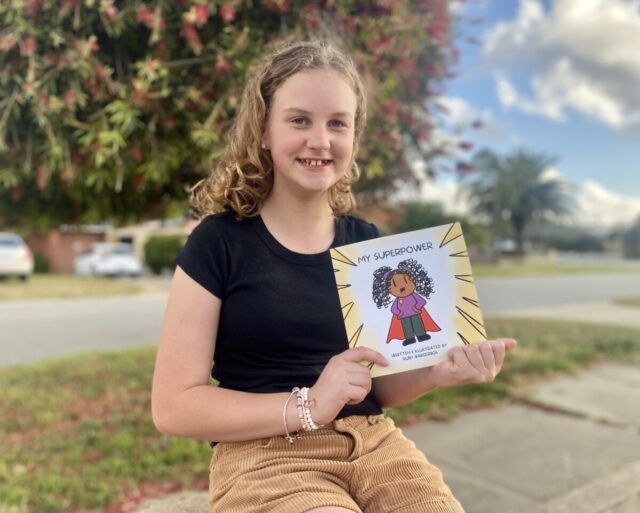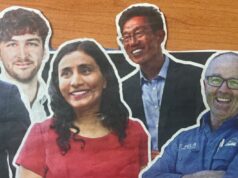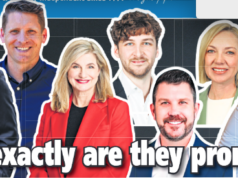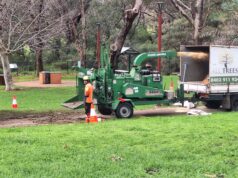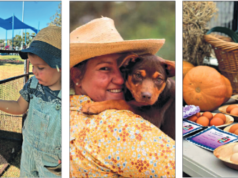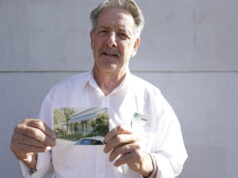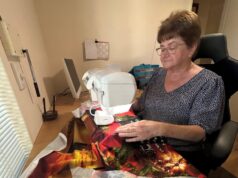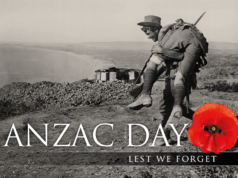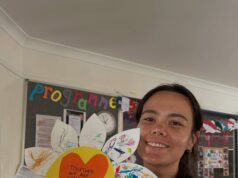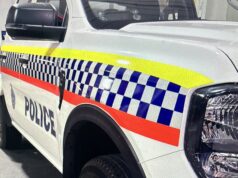Ruby Bargerbos has always been a creative soul – she’s been drawing since she could hold a pencil and she has the ability to construct fully-formed stories in her head.
The thirteen-year-old Australian Christian College Darling Downs student calls her creative talents her “superpower” – a gift she’s inherited thanks to ADHD.
She’s recently used that superpower to write, illustrate and self-publish a children’s book about the condition in an effort to empower young people to understand their differences.
Attention Deficit Hyperactivity Disorder is often misunderstood, misdiagnosed and stigmatised. And, contrary to the recent media beat-up, it’s still often underdiagnosed – especially in girls.
“Growing up in the 90s, my understanding of ADHD was that it was a label for naughty kids,” Ruby’s mum Rachel said.
So, it was quite the journey for the whole family when Ruby was eventually diagnosed with ADHD at the age of 11.
One in every 20 Australians has ADHD and it can run in families.
There are three different types – the more stereotypical ‘Hyperactive’ type, then there’s ‘Inattentive’ where people often ‘zone out’, and there are also people who present with a ‘Combination’ of the two.
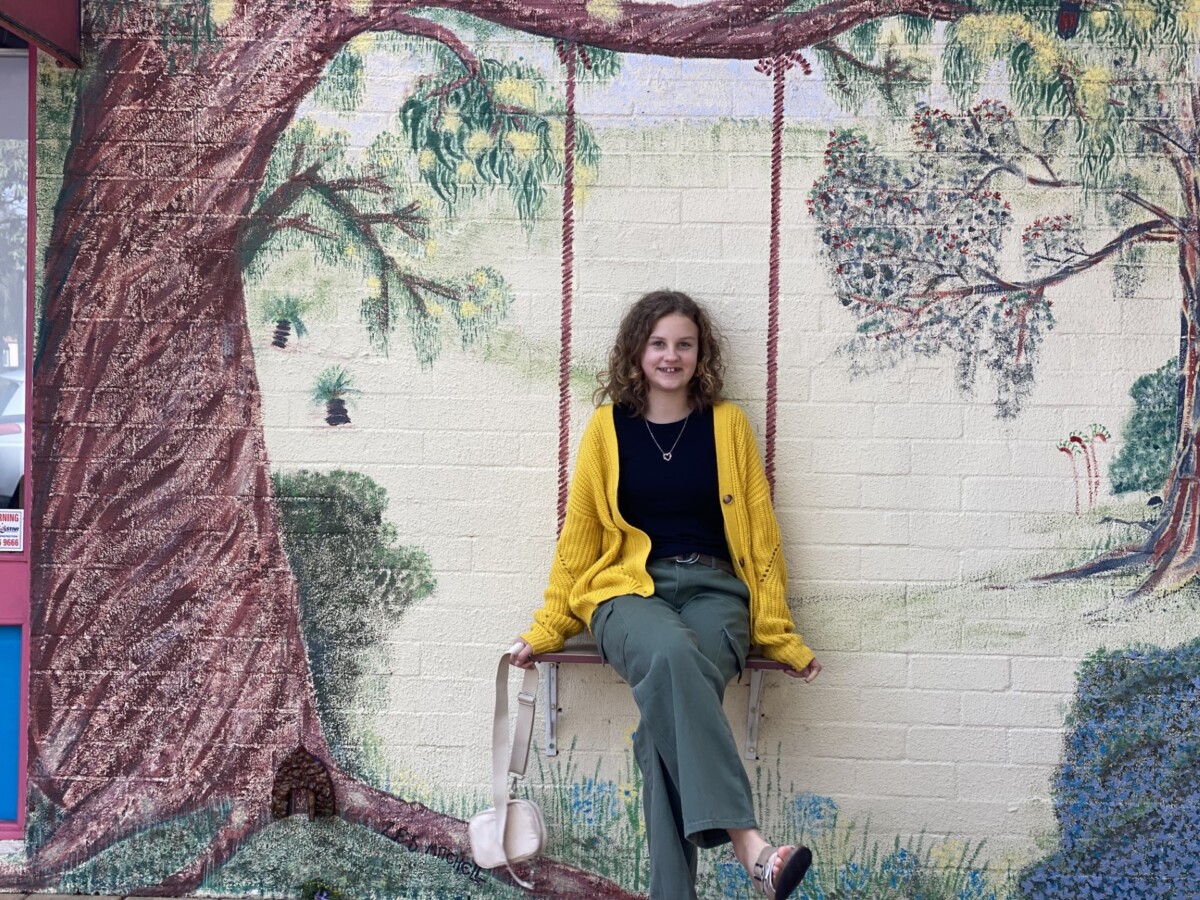
Ruby was diagnosed with the Inattentive type.
“I didn’t really notice the problem with attention until high school when we had more sit-down classes and workload expectations were amped up,” Ruby said.
“I was getting distracted a lot – I’d often just zone out.”
The path to diagnosis was quite long and arduous for Ruby and revolved around a series of interviews and cognitive tests.
“I felt like there was a lot of pressure on me, and I didn’t understand why I was going through all the testing,” she said.
Ruby said she struggled to concentrate when her paediatrician was explaining her new diagnosis to her parents.
“I was sitting in the corner drawing and zoning out. I remember feeling confused and thinking something was wrong. It just sounded complicated,” she said.
She also struggled to explain the condition to her friends.
“I remember telling my friend that my brain worked differently to hers, and she asked me if I was an alien,” Ruby laughed.
And when she tried to search for some videos to help explain the diagnosis to her two younger sisters, she was frustrated that the ‘naughty kid’ stereotype was plastered all over the internet. “I really wanted to change that,” she said. “Because not everyone with ADHD is like that.”
So, when her school English teacher announced the class would be creating a children’s book this year, Ruby didn’t have too much trouble deciding on a theme.
“I chose to write a story about ADHD because I knew about it – I’d pretty much already written the book in my head,” she said.
‘My Superpower’ takes readers on a gentle journey through diagnosis in an attempt to remove confusion, fear and some common myths. It also redirects negative connotations of ADHD by focusing on the many positives, including hyperfocus, creativity and a heightened ability to solve problems.
Ruby said her efforts earned her the first 100 per cent score her teacher had ever given out.
And her story will be published in Excelencia – the Australian Christian College’s annual journal.
She also recently won second prize with her book in the 2023 Young Carer Art Awards in the 13-17 years division.
Perhaps more importantly, her book has already started to make a difference in the real world – even for her own family.
Ruby’s parents have both since been diagnosed with ADHD themselves and have been inspired by their daughter to embrace their condition as a strength.
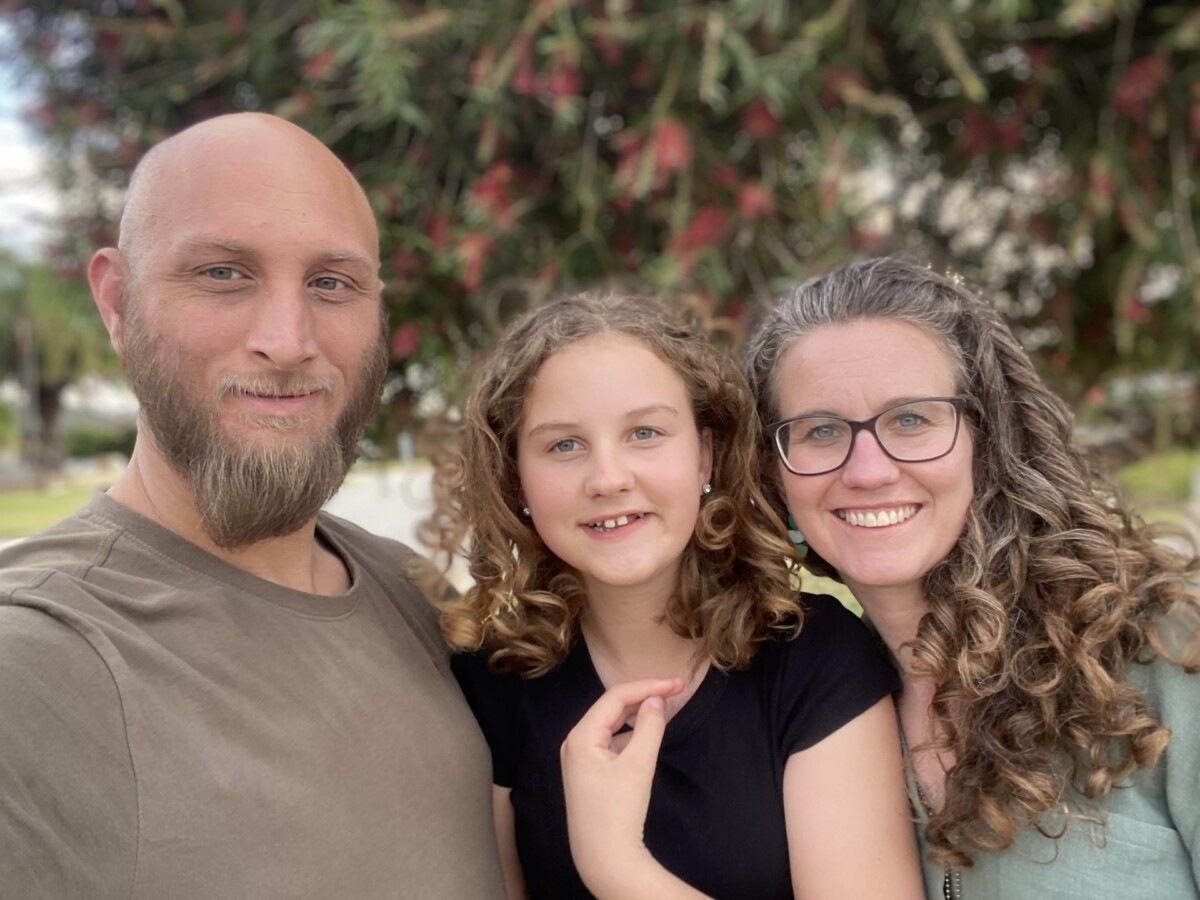
“I’m just so proud of her. I actually cried the first couple of times I read [her book],” Ruby’s mum, Rachel said.
“I didn’t realise how daunting the diagnosis process was for her, and I’m really proud of how she’s taking the opportunity to encourage other kids through their journey.
“Our psychologist has actually bought a copy to use as a learning aid.”
And she’s creating a difference in her school too – writing the book has given her the tools to be able to communicate with her teachers about her unique needs. Ruby will sometimes now be given ‘brain breaks’ in order to recharge her concentration in class.
Ruby hopes to find a publisher for ‘My Superpower’, and plans to write a series of books aimed at celebrating neurodiversity.
“I want to write about carers, because I’ve pretty recently come to realise how much difference they can actually make,” she said.
“And I really want to write a book about autism – to help people feel better about their differences.”


